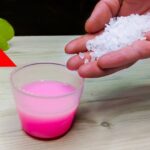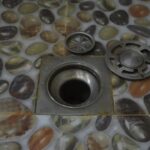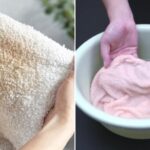1. Don’t Clean With Dirty Tools
It’s crucial to ensure all your cleaning tools are clean before you start tidying up. A dirty broom, a dusty pan, or a vacuum cleaner filled with last week’s dirt and debris will only spread the grime around, making your efforts counterproductive. Take the time to clean your cleaning equipment first; it’s an important step towards a truly clean home and a healthier family.
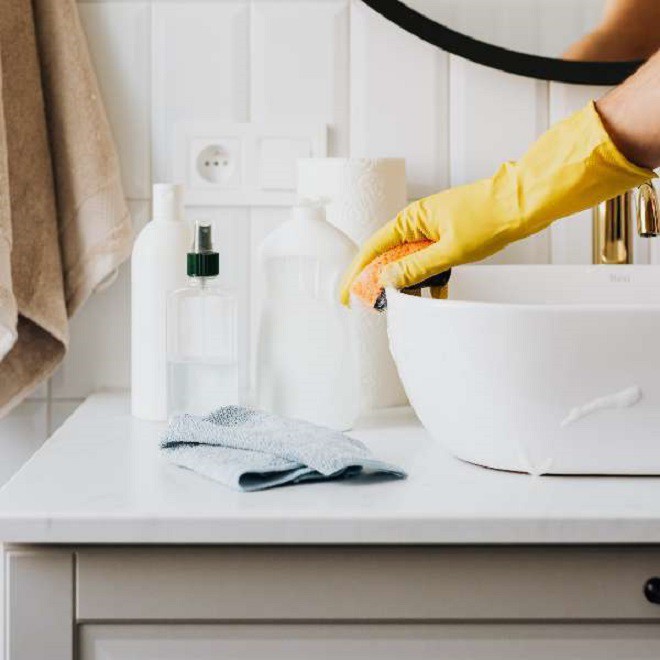
2. Don’t Forget to Dust Before Cleaning
Dusting may seem like an unnecessary extra step, but it’s essential. If you skip this, you’ll end up spreading dust around as you spray and wipe surfaces. Let the dust settle first, then use a damp cloth or duster to remove it. This simple step will ensure your surfaces are truly clean and free of those annoying, visible streaks.
3. Don’t Rush the Surface Cleaning Process
Give the disinfectant some time to work its magic. Rather than immediately wiping down a surface after spraying, let it sit for a few minutes, especially in the kitchen and on appliances like the stove and range hood. This will ensure the disinfectant has time to kill germs and loosen grime, making your job easier and your home cleaner.
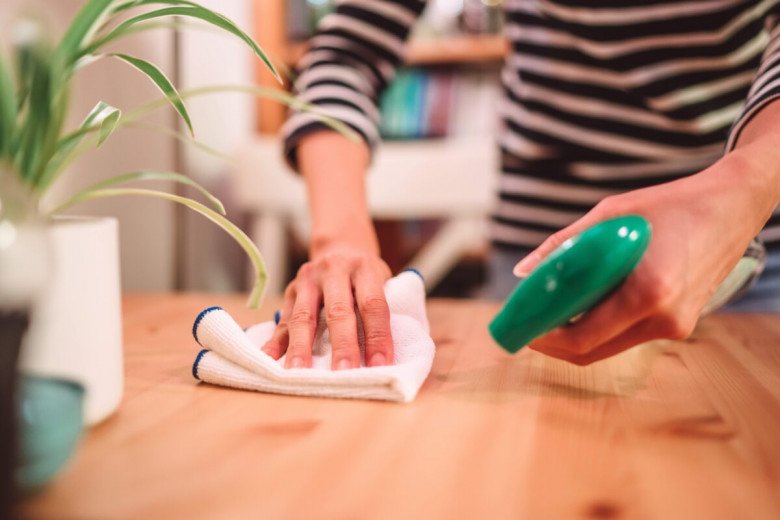
4. Don’t Clean from the Floor Up
Always clean from the top down. Start with the cobwebs in the corners and work your way down to the floors. This way, any falling dust or dirt won’t land on a freshly cleaned surface, forcing you to redo your work. It’s also more efficient to finish one area before moving on to the next, so you’re not constantly running back and forth between rooms.
5. Don’t Use the Same Cloth or Brush for Everything
Using the same cloth to wipe down your kitchen counters and living room tables is a big no-no. Similarly, don’t use the same brush to sweep both the indoor and outdoor areas, or to clean the bathroom and the kitchen. Outdoor areas and bathrooms tend to harbor more dirt and bacteria, which you don’t want to spread throughout your home. Invest in separate cleaning tools for different areas, and always clean and air-dry your tools after use.
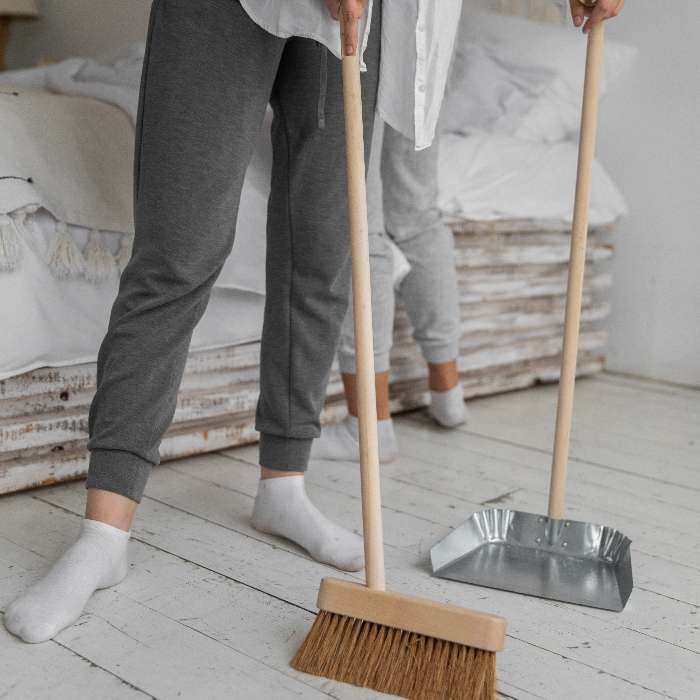
6. Don’t Pour Grease Down the Drain
It may seem convenient to pour grease down the drain or flush it down the toilet, but this is a surefire way to cause plumbing issues. Grease solidifies in the cooler parts of your pipes, building up over time and causing blockages and unpleasant odors. The right way to dispose of grease is to let it cool and solidify, then scrape it into a sealed bag or container before throwing it in the trash.
7. Don’t Forget to Ventilate
If you’re using cleaning products containing ammonia or bleach, make sure your home is well-ventilated. These chemicals can irritate your respiratory system if inhaled. Open windows or turn on exhaust fans while cleaning, and consider running an air purifier afterward to improve indoor air quality and remove any lingering moisture.


























